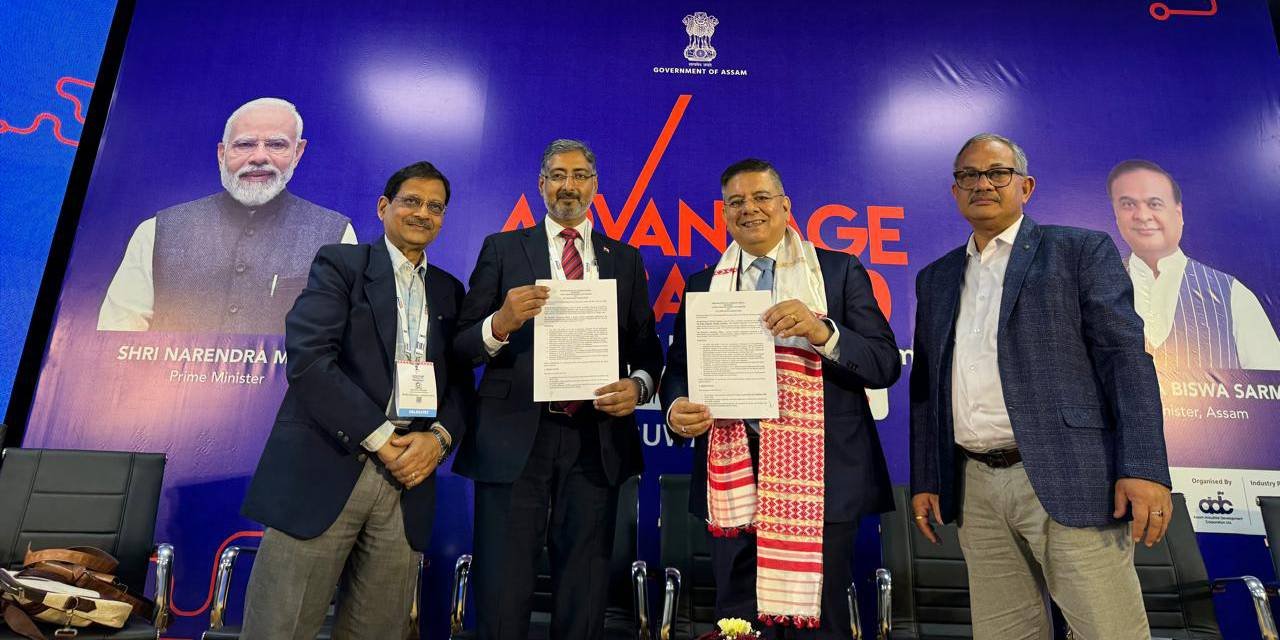Food Safety and Standards Authority of India (FSSAI) is developing a risk management system for the domestic food sector. It would be similar to the one in place for imported products for sampling and inspection.
Arun Singhal, CEO, Food Safety and Standards Authority of India (FSSAI), recently said that a plan was underway to develop a risk management system for the domestic sector. It would be similar to the one in place for imported products for sampling and inspection. It will include product details, manufacturer profiles, and compliance reports to reduce the incidence of unnecessary inspection by food and safety inspectors.
Addressing the virtual ‘India Food & Nutrition Innovation Summit 2021’, organized by FICCI and Thinking Forks Consulting, in collaboration with the Ministry of Food Processing Industries (MoFPI), Singhal said FSSAI had been using technology in a big way, and all its activities were online. “Our IT platforms are robust, and we have gone for ease of doing business on these platforms. We are now coming out with the concept of ‘perpetual licence’ so that no renewal would be necessary for the industry,” he added.
Singhal added that one of the most significant innovations by FSSAI was the launch of the ‘Eat Right India’ campaign, through which consumers would get all information regarding healthy food. “From next January, consumers, while visiting a restaurant, will find the menu card to have the serving size along with the calorific information of the serving as well. We are soon coming out with the vegan logo. There is a small class of people growing in numbers who are vegans, and there was no certification available for vegan foods. We have also come out with regulation for AYUSH aahar as well,” he added.
He also spoke about FSSAI’s focus on rapid food testing kits. “We are among the very few countries in the world to start the concept of mobile food testing labs, and we have the concept of Food Safety on Wheels,” he said.
Manoj Joshi, Special Secretary, MoFPI, said that with the announcement of the PLI scheme, the ministry had created a window for innovative and organic products, which had attracted a lot of attention from the innovators.
Methodology of Risk Assessment System
- Risk assessments are resource-intensive, data-driven activities designed to provide risk managers with the ability to consider a range of mitigations intended to improve public health.
- There is no one way to perform the food safety risk assessment, and it varies according to the nature of the risk, the availability of data, and other scientific evidences to answer specific risk management queries.”
- Currently, efforts are being made for pooling/ sourcing scientific data from research institutions, export agencies, and other government organizations at the national level. The data collected would help carry out the risk assessment and surveillance plans.
Workflow of Risk Assessment System
- After identifying and expressing the nature and characteristics of the food safety issues, the Risk Assessment Cell (RAC) developed a risk profile, describing the situation, product, or commodity involved and the information on the pathways by which the consumers are exposed to the hazard.
- Whether a risk assessment is necessary will be taken jointly by the Committee comprising experts and the FSSAI officials.
- The RAC (Risk Assessment Cell) will issue a request proposal for the commissioning of risk assessment for the relevant Scientific Panel
- The data from the risk assessment studies will be used as inputs to be provided to the relevant scientific panel for scientific opinions; the scientific opinion provided by the Panels will be either be vetted by the scientific Committee or for further decision. If approved, it will be forwarded to Food regulators and Food Authority for policy decisions.
- FSSAI and Food Authority will provide decisions/options to mitigate or control the risk.
- In case of any further clarifications on the risk assessment output/scientific opinion from the Scientific committee or Food Authority, the RAC will coordinate and provide the same for consideration in subsequent meetings.
- FSSAI, as risk Managers, will be responsible for considering the scientific opinion for the decision-making process and in developing a risk management policy.
- FSSAI will also be responsible for the risk communication portion. It is a two-way process and involves sharing information internally between the risk analysis team and external stakeholders, including the general public.
- The essential database required to conduct risk assessment will be developed and maintained by RAC.
Photo by rawpixel – www.freepik.com
















